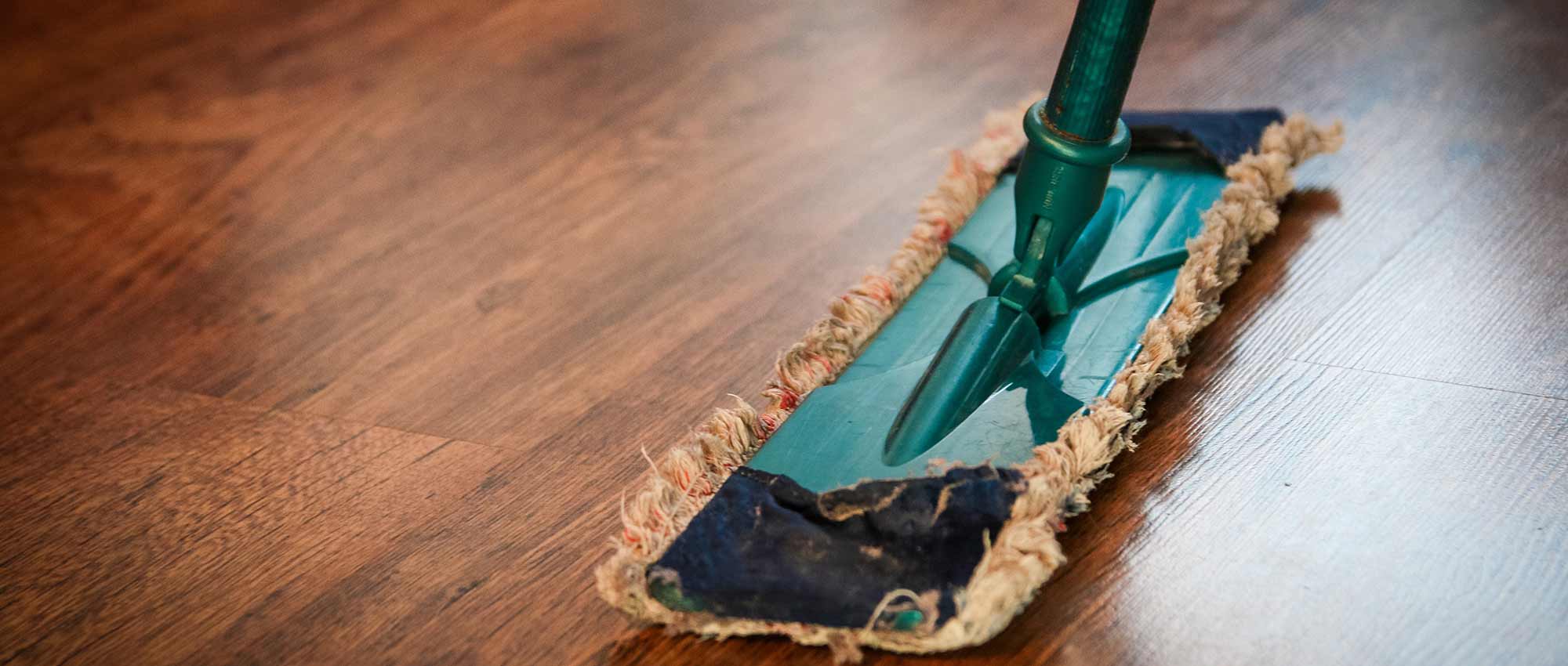Apartment Final Inspections in Japan – What to Expect
The final inspection and cleaning fee can be an additional stress for foreign residents when moving out of an apartment in Japan.
In some countries, rent inspections occur regularly throughout the tenancy, however, in Japan, your apartment will only be inspected at the end of your lease. Even though a basic cleaning fee is taken from your deposit, if you don’t take good care of your apartment you could lose a lot more.
What should I expect from the final inspection?
The final inspection is carried out by the property manager, or an inspection/cleaning company. It will be scheduled some time between your move out day, and the last day of your contract.
The inspector will go through the apartment to check everything is in working order, write a short report, and collect the keys. If they find any damage, the repair costs will be added to the cleaning fee and subtracted from your security deposit. The cleaning fee is usually between ¥1000 – ¥1200 per square meter, with a minimum fee of ¥35,000.
Tenants sometimes ask why they should clean their apartment when they also have to pay for professional cleaning. The answer is, because it’s in your own best interest. If your apartment is visibly dirty, the inspector will be much more thorough in their check. However, if they walk into a clean and fresh feeling apartment, they’ll assume you’ve taken good care of the property.
Therefore, give the apartment a good spring cleaning, but don’t stress about doing it to a professional level. The cleaning company will remove every last speck of dust and disinfect surfaces.
Who is responsible for damages?
This depends on your contract, and every contract is different. We strongly advise you to take note during your tenancy agreement reading.
Generally, tenants won’t be charged for:
- Discoloration on floor/walls due to sunlight, or building leaks*
- Natural wearing of floor wax
- Light indentation on the floor from furniture, or traces of where furniture was placed
- A few drawing pin holes in the wall from putting up posters**
* If you notice a leak and fail to inform the owner, you may have to pay damages.
** There are special pins you can buy for this purpose. Large holes will be viewed as damage.
Tenants can be charged repair/extra cleaning fees for:
- Discoloration, stains, and mold on the floor/walls due to the tenant’s carelessness (spilled food/drinks, smoking, pets etc)
- Damage to the floor/tatami by computer chairs
- Tears, scratches, and screw holes in the wallpaper
- Rust and mold caused by the tenant’s refrigerator
- Unpleasant odors due to pets or cigarettes
- Limescale and mold in the bathroom and toilet
- A build-up of oil and grease in the kitchen
- Disposal of belongings/garbage left in the apartment or shared areas
Notice damage before you moved in? Take photographic evidence to avoid being charged for repairs. (We carry out a thorough move-in check for clients of Apts.jp.)
What should I do if I damage my apartment?
The best thing to do is contact your real estate agency or the property management. Be honest and show your willingness to help resolve the issue. You may find that the issue isn’t entirely your fault, or that the owner appreciates your honesty and is more willing to overlook the issue.
How should I prepare for the final inspection?
Here are our top four tips on how to pass your rental inspection with flying colors, and get back your security deposit!
1. Do your own mini-inspection
Check that items such as lights, toilets, air conditioners and any other amenities that come with the house are in working order. Make sure to get permission from the property manager before attempting to replace inbuilt lightbulbs and faucet washers yourself.
2. Don’t miss garbage day
Garbage can be a real headache in Japan, especially large objects or difficult to dispose of items such as furniture. Councils offer affordable collection of bulk rubbish (“sodai gomi” 粗大ごみ), though may only offer pick up once or twice a month. If you leave it too late and have to resort to having a private company collect the items, you’ll be charged a hefty fee.
In regard to regular trash, if you’re moving out of an apartment that has a private garbage space then you may not have to be concerned with a specific day. However, if you put your garbage out for street collection, you’ll need to prepare ahead of time to avoid any additional charges.
3. Clean and pack at the same time
Despite your best intentions, you may find yourself running low on time during the lead-up to your move. Vacuuming the flooring as you’re moving is a great time-saver, and saves you the stress of having to return to do a full clean at a later date.
Box up your cleaning things last, so that you can give the bathroom/toilet a final clean. You’re also likely to find hidden scuff marks and dirt after you’ve moved your belongings.
4. Arrive early and remember your keys!
Even if you’re sure you’ve done everything you can, arrive a little earlier to give the apartment a final run through. It’s good to open the windows and let some fresh air in, especially if you’ve moved during the hot summer months.
Prepare all your apartment keys (including spares) as you will be charged for any misplaced or lost keys. Keys and access cards to shared entrance areas can cost ¥10,000 or more to replace.
At this point, you’ll have done everything a landlord or agency can reasonably expect. Unless there are any serious damages or lost items, you’ll get your deposit back minus the contractually stated cleaning fee.
We hope you have found this article helpful!
Read our other articles about the rental process in Japan, or check out our Tokyo apartment listings.
